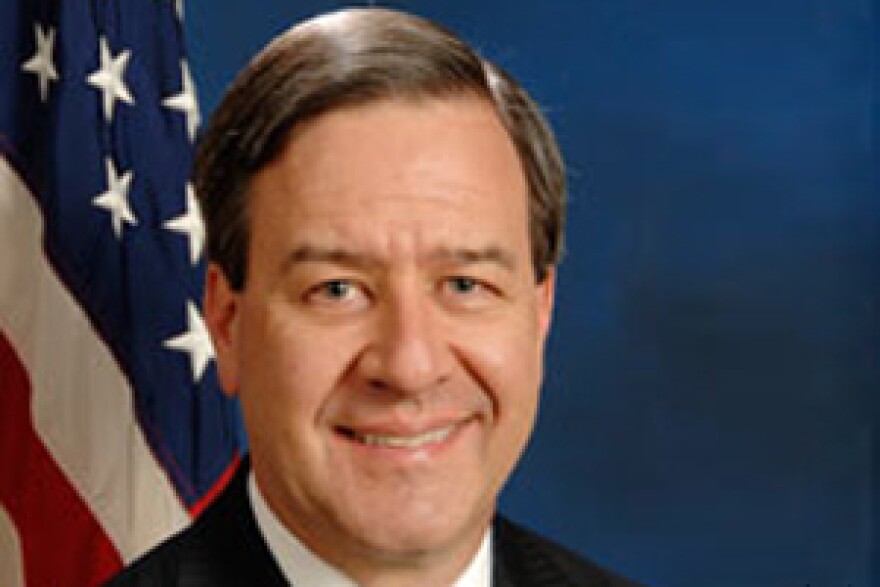By BJ Austin, KERA News
http://stream.publicbroadcasting.net/production/mp3/kera/local-kera-985632.mp3
Dallas, TX – 9-11 changed the mission of the FBI and the career of Dallas Special Agent in Charge Robert Casey. He spoke with KERA's BJ Austin about those changes and the pressure of stopping terrorist attacks "before" they happen.
Austin: How did 9-11 change the FBI and its mission?
Casey: Well, obviously we had to transform ourselves into a premier national security agency, not so much concerned with investigating crimes or terrorist attacks after they occurred, but with preventing them.
Austin: What can you tell me about the North Texas Terrorism Task Force and its work?
Casey: Ah, Joint Terrorism Task Force, the FBI JTTF is the acronym. On 9-11 there were about 30 JTTF squads in FBI offices around the country. Today, there are more than one hundred. And here, based in the Dallas FBI office they are one of the strongest tools in the toolkit to not only collect the right kind of intelligence to surface any plots, but to conduct investigations and disrupt them.
Austin: What do you remember most about that day?
Casey: Well, I was an Assistant Special Agent in Charge in the Miami field office on 9-11. And someone had a birthday. They were cutting some cake. And what I remember saying is that we're never going to be the same after this. Not only has it changed the Bureau, but in personally change my career.
Austin: How so?
Casey: Well, a little less than a year after 9-11 I was asked by the FBI Director to run a counter-terrorism analysis project in Washington DC. And shortly thereafter, I was asked to help strengthen and transform the FBI's intelligence program and intelligence capability. And I spent the next three years in Washington DC doing just that.
Austin: What kind of pressure, personally and professionally was that?
Casey: It was tremendous pressure. You're in a position where with that comes a staggering array of responsibilities and expectations for your performance, and literally the expectation that you cannot fail. It's the same thing today, even running a field division. You know people used to talk about the color code, the threat color code, which just went away. I would get asked at speeches here in town, what do you think of the color code, yellow, green? And I said you know its red in our world everyday. And in fact, the terrorist threat has changed. It's evolved from these core Al Qaeda actors to affiliates in different parts of the world, like Yemen; and radicalization through the Internet, homegrown violent extremists, as we've seen.
Austin: Does it seem like it's been ten years to you?
Casey: No. I remember it like it was yesterday. It's gone by very quickly. A lot has changed, but it's almost as if nothing has changed because we're still dealing with this daily pressure of this general threat to attack the homeland.
Austin: Do you think the American people are safer?
Casey: I think the government's national security apparatus has done very well. We have been able to penetrate, detect, disrupt these plots. So, I think in a technical sense, yes the American people are safer. But I would caution against complacency. As long as there is that intent to attack the United States, we are still going to be living in this state of alert. And there's still going to be a need for the FBI to prioritize counter-terrorism as job one. And I don't see that going away anytime soon.
Under Casey's watch, the FBI foiled plots to bomb a downtown Dallas skyscraper and the home of former President George W. Bush.

